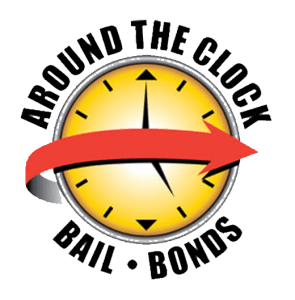Bail Rewrite vs Bail Reassumption
Something many people ask a bail bond company is: What is the difference between a bail rewrite and a bail reassumption?
Bail Rewrites
A bail rewrite is when a bond is rewritten to replace previous bail for the same charges. It is needed when charges are not filed in a case and the court forgives the bond. It is up to the bond issuer whether or not to do a bail rewrite. These companies usually rewrite bail for a specific amount of time after the first bail is forgiven.
Getting a Rewrite
The process of posting a bail bond can differ from time to time due to a defendant’s situation. Oftentimes, defendants, co-signers, and defense attorneys misunderstand when a bail rewrite is needed.
A bail rewrite is needed for a criminal defendant if bail has already been posted and legal circumstances change so more bail is required. For example, a defendant was arrested then was bailed out for $15,000. At the first court appearance, the district attorney’s office ups the charges in the case to a felony and/or adds more criminal charges to the original complaint. The district attorney’s office asks the judge for a higher bail in the amount of $50,000, because of the new charges. The defendant must now make bail in the amount of $50,000. If the court requires bail at a higher amount, the bail bond issuer usually issues a credit for the original bond and the defendant pays only the difference.
The bond company does not have to post the larger bail. The first bond was written based on the charges at the time of arrest. Depending on the new charges and bail amount, more security may be needed to guarantee the new bail amount.
A bail rewrite cannot be given in the case of a forfeited bail. The defendant’s failure to appear in court or having their bail amount raised does not constitute a bail rewrite.
Bail Reassumption
When a defendant fails to appear in court or is late for court, the judge might issue a bench warrant. A reassumption is a letter to the court stating that the bail bonds company is willing to continue the bail. It is up to the judgment of the bail bond company as to whether or not to issue a resumption.
Out of every hundred people who get a bail bond, there will be a few people who will run late, forget their court date, lose their paperwork, or have some other excuse as to why they missed court.
When this happens, the judge can do two things. One, the judge issues a bench warrant to arrest the person, or two, the defendant forfeits their bond. In order to rectify the problem, the defendant will need the bond reinstated. This means the bail bond issuer will have to provide the court with written proof that the judge reinstated the bond with the agreement that the bail bond agency willingly reassumed responsibility for the defendant’s appearance. This letter, which is written proof, can be provided in such circumstances. When the defendant goes back to see the judge, the letter reverses the two options already mentioned. It will reinstate the bond and will make the judge recall the bench warrant.





